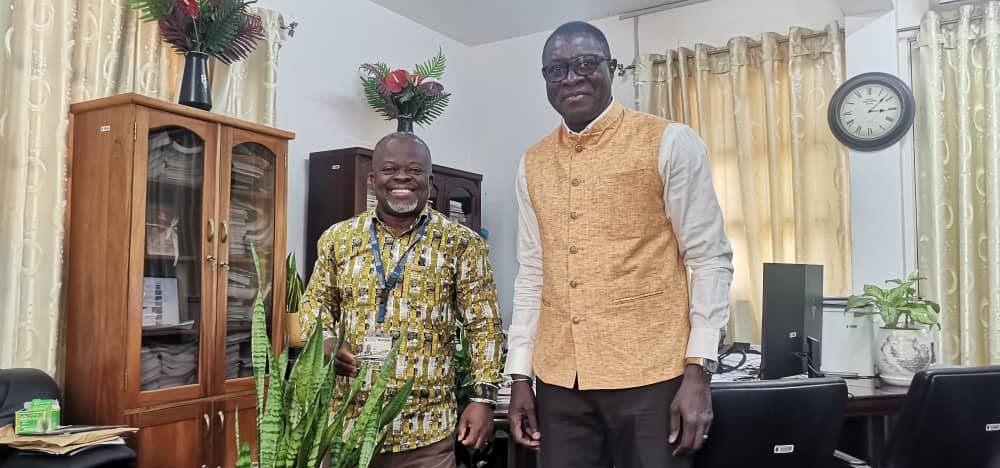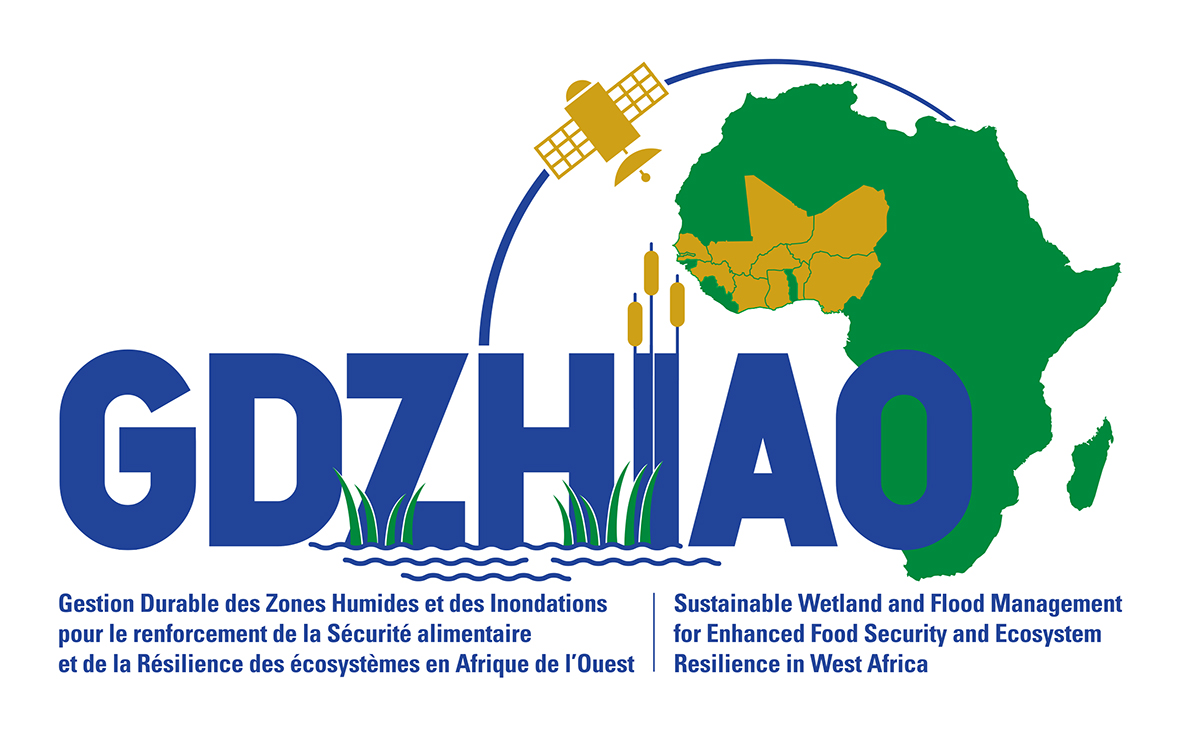In a landmark partnership poised to redefine the landscape of Earth Observation (EO) and its application in sustainable development, the “Centre de Suivi Ecologique” (CSE) of Senegal has joined forces with the MarCNoWA Project, led by the University of Ghana’s College of Basic and Applied Sciences (CBAS). This collaboration, recently underscored by a visit by Prof. Cheik Mbow, head of CSE, to Prof. Boateng Onwona-Agyeman, the Provost of CBAS and Director of the MarCNoWA Project, signals a new era in leveraging satellite technologies for environmental stewardship and climate change adaptation across Africa.

Prof. Boateng Onwona-Agyeman, Provost of University of Ghana’s College of Basic and Applied Sciences (CBAS) and Director of MArCNoWA Project (left) and Prof. Cheick Mbow, Director General of CSE (right)
Central to this collaboration is the engagement with the Global Monitoring for Environment and Security (GMES) & Africa Programme, a joint initiative of the African Union Commission and the European Union. It epitomizes the commitment of both institutions to harness EO technologies in promoting sustainable growth.
The MarCNoWA Project, extending across 18 coastal countries from Nigeria to Egypt, leads the charge in providing EO services for marine and coastal environments, aiming to enhance sustainable resource management through targeted capacity-building efforts. Concurrently, CSE’s GDZHIAO initiative pioneers in offering EO solutions for flood monitoring and wetlands management, impacting at least 10 countries.
A pivotal aspect of Prof. Mbow’s visit was the focus on collaborative learning with the Economic Community of West African States (ECOWAS), organizing joint workshops to involve stakeholders and the private sector in EO services, and developing EO products tailored to combat climate change effects. This partnership not only underscores the critical role of EO technologies in addressing environmental challenges but also serves as a testament to the power of cross-institutional cooperation in fostering resilience against climate change.
The two institutions focus on two vital services: « Water and Natural Resources Service » and « Marine and Coastal Resources Service, » engaging 22 countries across West and North Africa. With 25 implementing partners and the potential to benefit over 640 million people, this initiative represents a monumental leap towards sustainable environmental management.
In collaboration with national institutions, technical services, universities, and regional bodies, the projects illustrate a comprehensive approach to environmental stewardship and sustainable resource use, setting a precedent for future endeavours in environmental science and technology. This collaboration not only paves the way for a sustainable future but also exemplifies the significance of partnership and innovation in tackling the pressing challenges of our time.



